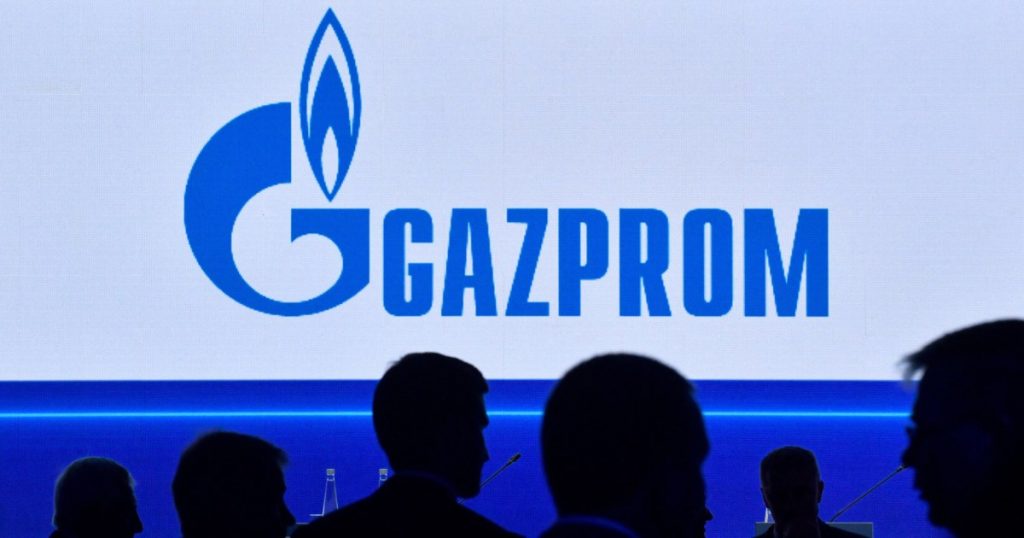A major natural gas pipeline supplying Russian energy to Europe ran dry after Ukraine stopped Moscow’s six-decade supply in an attempt to financially harm the invader. This marks the end of an era where many European countries relied on Russian gas, with accusations that Russia used this dependency to blackmail its Western neighbors after the full-scale invasion of Ukraine in 2022. Gazprom confirmed that the pipeline agreement had lapsed due to Ukraine’s refusal to extend it, coinciding with Russia launching drone attacks on Ukraine.
Despite the drone attacks, Ukraine managed to repel most of them using missile defense systems, aircraft, and electronic warfare technology, although there were casualties in the capital Kyiv. President Zelenskyy criticized Russia for continuously trying to harm Ukraine, even during the New Year’s Eve period. With Russian forces making frontline gains, Ukraine is embattled militarily while facing geopolitical uncertainty due to the upcoming change in U.S. presidency. President-elect Donald Trump has raised concerns in Europe by not committing to the same level of support for Ukraine as the Biden administration.
In addition to military actions against Russia, Ukraine decided not to renew the pipeline agreement after six decades of supplying Europe with Russian gas. This move aims to hurt Moscow financially and reduce its market share, costing Russia billions in annual losses. While European countries have diversified their gas supply sources, stopping the pipeline has led to a rise in natural gas prices in the European Union. Countries like Austria, Slovakia, and Moldova, which rely heavily on Russian gas, are expected to be particularly affected by the halt in supply.
Ukraine’s decision not to renew the gas transit agreement was met with support from other European nations, with Poland’s Foreign Minister calling it appropriate comeuppance for Putin’s attempted blackmail tactics. Despite the financial losses for Ukraine in transit fees, the move is seen as a strategic step to weaken Russia’s economic power and reduce its influence in the region. The impact of turning off the gas taps extends beyond Ukraine and could affect other countries like Austria, Slovakia, and Moldova, with Moldova’s breakaway region already facing disruptions in hot water and heating supplies.
In addition to cutting off the Ukrainian gas artery, the Nord Stream gas pipelines remain damaged from explosions in 2022, leaving only the TurkStream pipeline connecting Russia with Turkey, Hungary, and Serbia. This situation further complicates Russia’s energy distribution, especially as it faces increased scrutiny and opposition from Western nations due to its actions in Ukraine. With the geopolitical landscape evolving and energy supplies diversifying, the implications of the gas pipeline shutdown on Russia, Ukraine, and European countries remain to be seen. The decision reflects a broader shift away from dependency on Russian gas and highlights the ongoing tensions and power struggles in the region.


